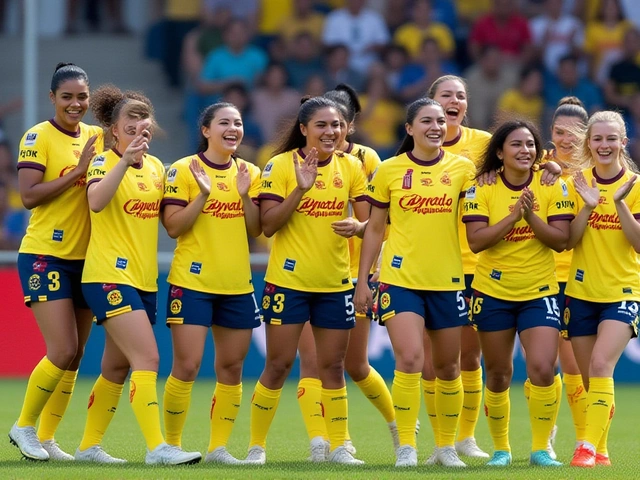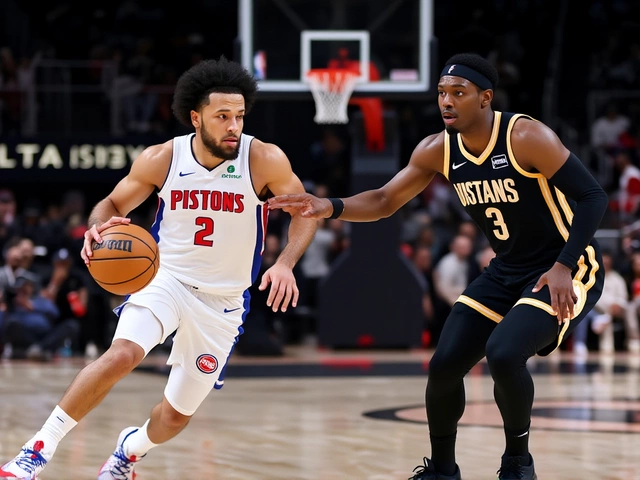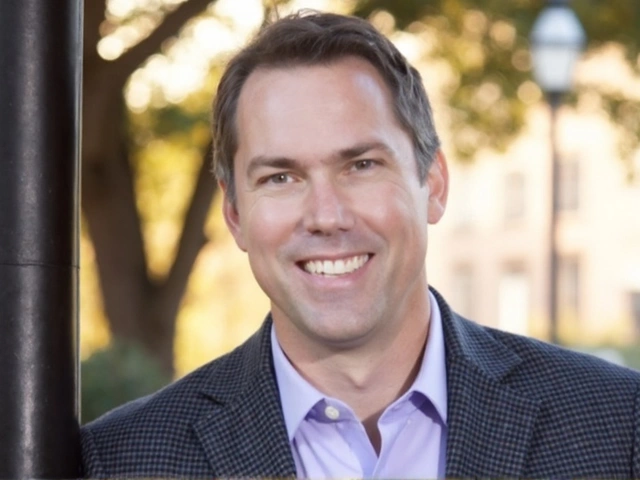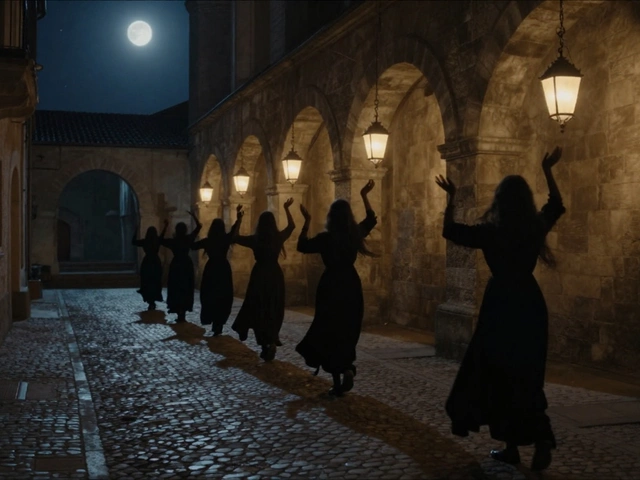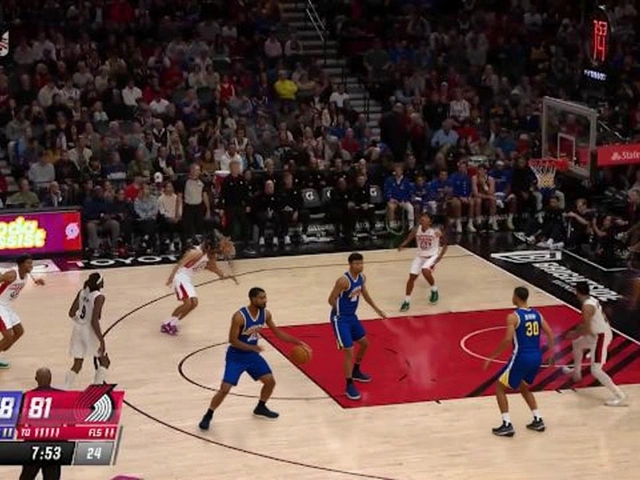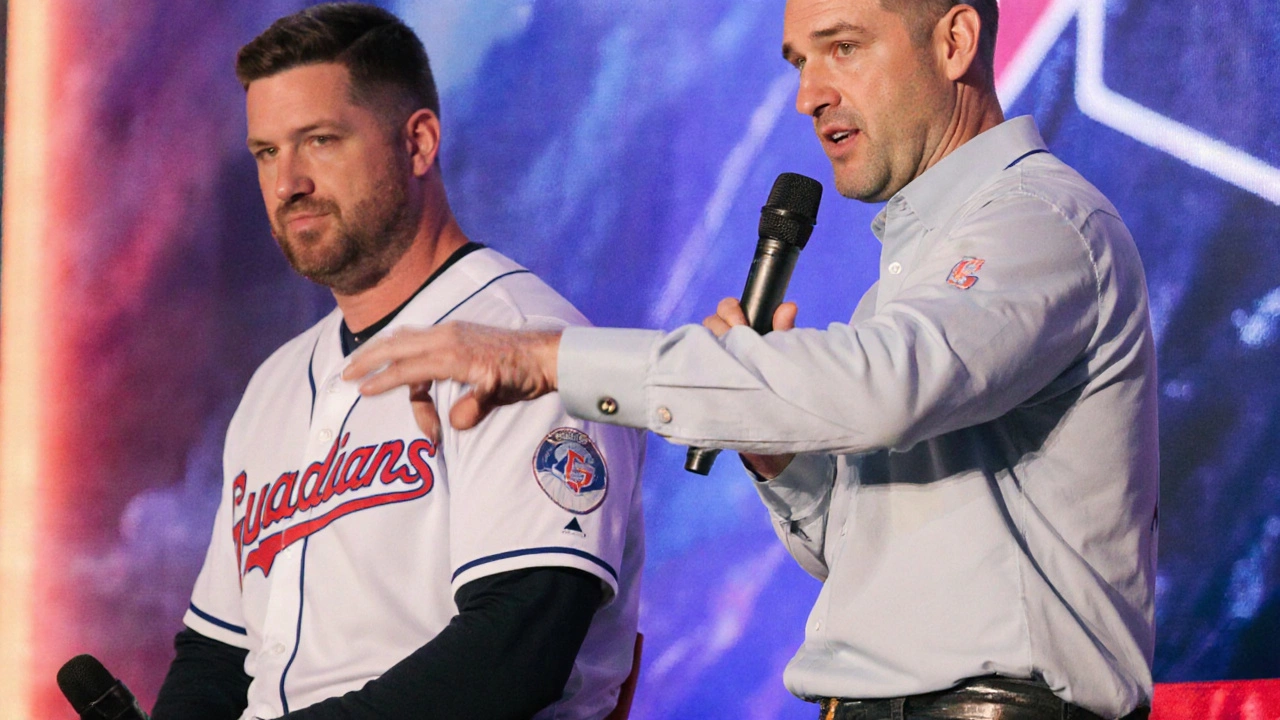 27
Sep,2025
27
Sep,2025
Season of Setbacks and Adaptation
When the 2025 calendar turned to spring, the Cleveland Guardians seemed poised for a steady climb. Yet, the early months quickly turned into a series of unexpected hurdles that would test the depth of the front office, the coaching staff, and the players themselves.
The first blow came in the form of ace pitcher Shane Bieber. After a quiet start to the season and no appearances for Cleveland, the franchise opted to move the former Cy Young winner to Toronto before the July 31 deadline. Losing a player of Bieber’s caliber not only knocked a strikeout machine out of the rotation but also forced the team to rethink its pitching strategy on the fly.
Just weeks later, Ben Lively—who had been the most dependable starter in 2024—underwent season‑ending Tommy John surgery in May. Lively’s elbow issues sidelined a veteran arm that had been crucial in night‑game matchups and in stabilizing a young rotation still finding its rhythm.
The roster turbulence didn’t stop at injuries. A July 3 non‑disciplinary paid leave for Luis Ortiz, a highly anticipated offseason addition, left the middle of the rotation thin. The situation worsened when closer Emmanuel Clase was placed on similar leave on July 28, stripping the bullpen of its primary late‑inning fireballer.
Despite the mounting adversity, the club’s offensive numbers flirted with historic lows. In June, the lineup posted a .208 batting average—the worst since 1915—raising eyebrows across the league and prompting calls for drastic lineup changes.
Yet, amid the chaos, the Guardians found a surprising source of stability: manager Stephen Vogt. His ability to keep the clubhouse focused, to rally the coaching staff around a common vision, and to push players to adapt to new roles proved pivotal. Vogt’s leadership extended beyond in‑game decisions; he cultivated a culture where every staff member felt accountable for the team’s fortunes.
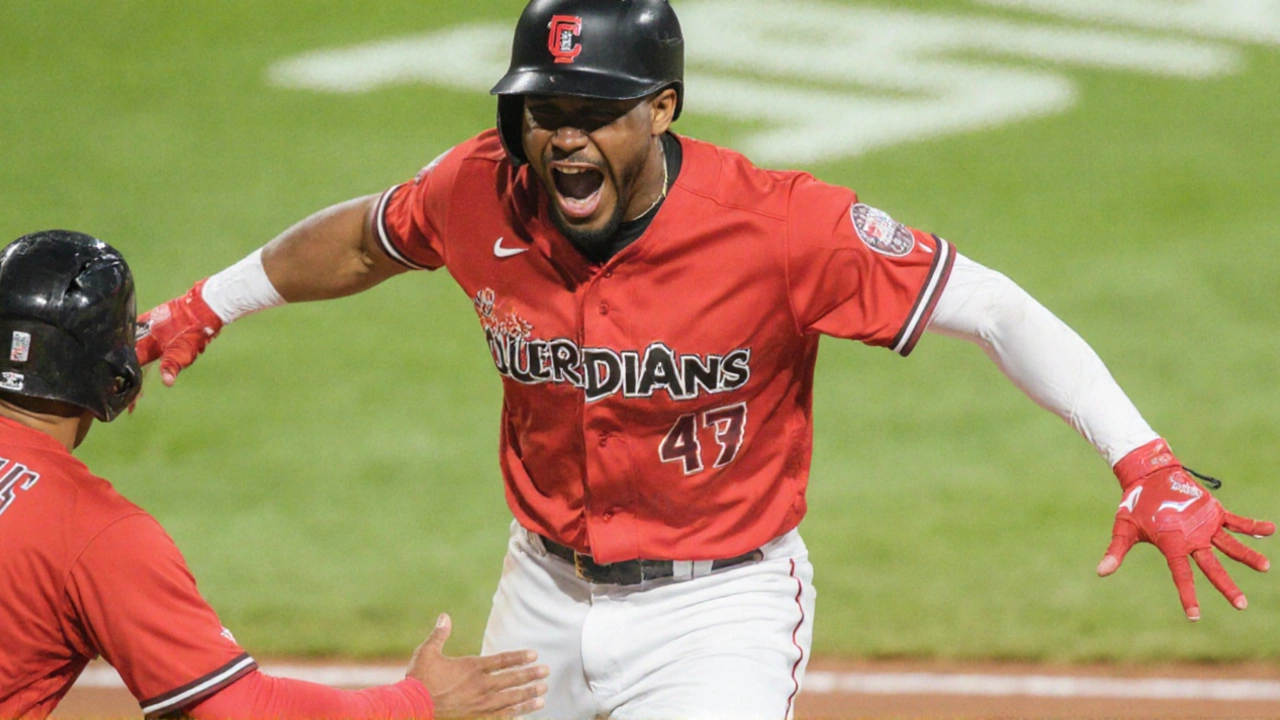
Antonetti's Leadership Blueprint
President of Baseball Operations Chris Antonetti has long preached a philosophy centered on sustainable success rather than quick fixes. Throughout the 2025 roller‑coaster, he stuck to that mantra, emphasizing roster construction that could weather both injuries and market fluctuations.
When the offensive slump hit, Antonetti didn’t panic. Instead, he highlighted the growth of the young rotation, which had struggled early but gradually blossomed into a reliable asset thanks to intensive coaching and player development. He repeatedly noted that the early-season struggles were part of a longer learning curve that ultimately fortified the pitching staff.
At the trade deadline, Antonetti’s moves reflected a delicate balance. While the loss of Bieber was painful, the front office secured pieces that could contribute immediately and maintain flexibility for future deals. He made it clear that the goal wasn’t just to win today but to keep the organization in a position to compete for years to come.
Beyond the on‑field drama, Antonetti also had to navigate a wave of external pressure surrounding the club’s identity. When former President Trump posted on social media urging a return to the “Indians” nickname, Antonetti responded with measured diplomacy. He acknowledged the diversity of opinions but reaffirmed his commitment to building the Guardians brand—a brand he has nurtured over the past four years.
As September unfolded and the playoff race tightened, Antonetti openly embraced the “anxiety” that comes with high‑stakes baseball. He framed that pressure as a sign that the team had earned a meaningful chance, and he trusted the preparation and character instilled throughout the season.
The Guardians’ ability to stay in contention—despite a revolving door of starters, a depleted bullpen, and a historically low batting average—speaks volumes about the organizational culture Antonetti has cultivated. By prioritizing resilience, fostering a collaborative environment under Vogt, and keeping an eye on long‑term roster health, the club demonstrated that adversity can be a catalyst for growth rather than a roadblock.
- Key injuries: Shane Bieber (trade), Ben Lively (Tommy John), Luis Ortiz (paid leave), Emmanuel Clase (paid leave).
- Offensive low point: .208 batting average in June, worst since 1915.
- Leadership pillars: Stephen Vogt’s clubhouse management, Antonetti’s sustainable roster philosophy.
- External challenges: Political commentary on team name.
- Outcome: Remained in playoff contention heading into September.
With the season entering its decisive phase, the blend of strategic front‑office decisions and on‑field leadership continues to define the Guardians’ identity. Antonetti’s willingness to welcome the inevitable anxiety of September baseball underscores a belief that the team’s preparation will translate into performance when it matters most.
